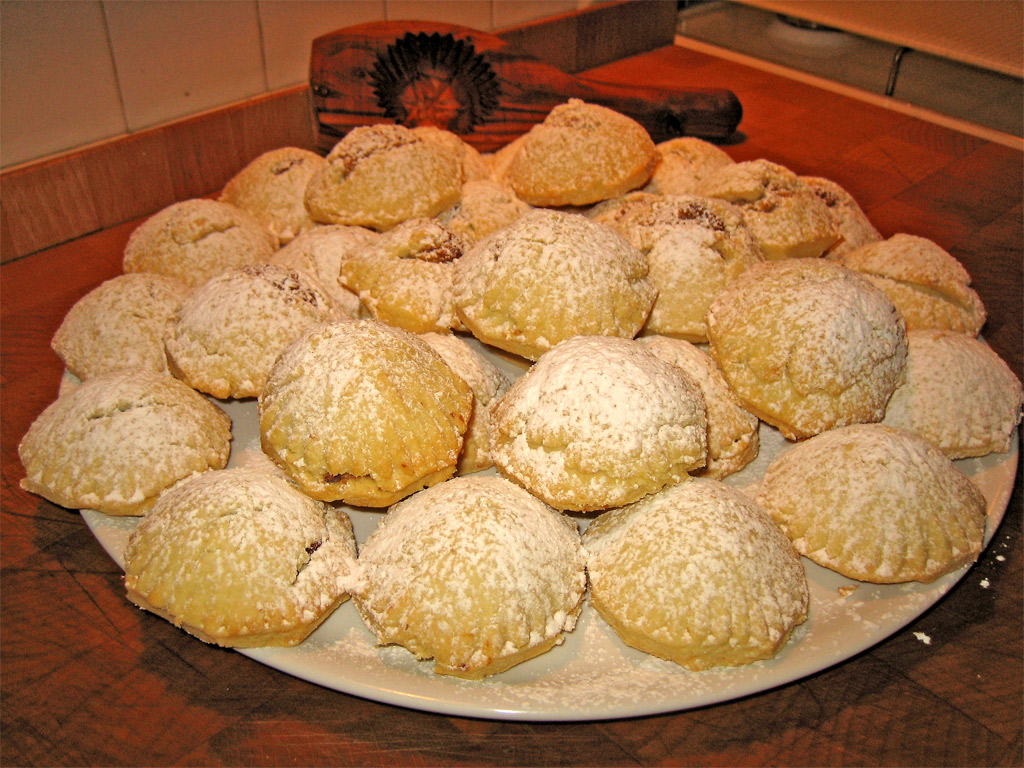For many, many years, fats were demonised as the bad guy. All fats were grouped together in one big bundle of negativity, all being blamed for obesity, heart disease, type 2 diabetes and certain cancers. But now we know that yes, there are bad fats, but there are good ones too.
Bad fats are the trans fats and saturated fats found in processed, fried and fast foods, pastries, crisps, fatty cuts of meat and dairy products. On the other hand, the good fats are, on the whole, unsaturated fats which include olive oil, avocados, nuts, seeds and oily fish.
Now, nutritionists and researchers understand that although an excess of any fat in our diet, in particular, saturated fat is bad for our health, not all fats are inherently bad foods. They also now understand that many of the medical problems that were blamed on fat, could actually the fault of something else – sugar.
Processed carb-heavy foods such as white bread and pasta and pastries, along with foods sweetened with white, granulated sugar such as cakes, biscuits, chocolate and sweets are the really bad guys. (You may remember from school science lessons, carbohydrates are broken down into sugars when we eat them, which raises blood sugar levels – brown carbs such as wholemeal bread and pasta raise blood sugar levels to a lesser extent than their white counterparts as they’re more complex to break down.)
But with so many of us loving a sweet treat, how do we satisfy our sweet cravings, in a healthier way? Well, we do what we’ve done with fats – we find a healthier alternative!
Just like finding ways to cook in different oils and to get our fats from plant sources rather than animal sources (we all need some fat in our diet, just like we need some sugar), we can find alternatives to sugar that are healthier. And, just like the array of different cooking oils on offer now, sugar alternatives are the same.
The most obvious sugar alternative might be honey. But with vegetarian and vegan diets now becoming more mainstream, honey doesn’t always fit the bill. Plus, there have been stories aplenty about some honey being adulterated with cheap, sugar syrup substitutes.
So how do we find a sugar alternative, that’s healthier, suitable for vegetarians and vegans, and is guaranteed to be pure and contain exactly what it says on the label?
We turn to dates from Global Foods UK of course!
Dates have a lower Glycaemic Index, or GI, than white, granulated sugar. GI is a measure of how quickly a food floods the blood with sugar, raising our blood sugar, or glucose, levels.
The highest GI food, unsurprisingly, is granulated sugar. When we eat sugar, our blood glucose levels shoot up, giving us a burst of energy, inevitably followed by a slump. Dates on the other hand have a much lower GI than sugar and eating them doesn’t spike our blood sugars to the same extent. This means that our blood sugar (and energy) levels remain more constant, and we don’t need to reach for more sugary snacks to maintain our energy levels when the slump hits.
Made from 100% pure dates, using our date paste means that you’re using a whole fruit to sweeten your baking and cooking.
Not only are they deliciously sweet, they contain vitamins, minerals and fibre (which many of us don’t eat enough of). Date paste is sticky, so it also helps to bind baking mixtures together, something that’s trickier in vegan baking without eggs.
Which all makes using date paste in baking, ideal, especially so in baking maamoul cookies!
Maamoul are a type of soft baked cookie that hail from the Middle East. They’re the type of food that has a recipe that’s handed down through generations of the same family – each recipe with its own little twist of uniqueness. Whilst there might be slight variations in each maamoul recipe, one thing remains constant – they’re sweetened with date paste and therefore contain no processed sugars.
In the Middle East, maamoul cookies are popular at Eid, Christmas time and during other festive holidays and celebrations. Sometimes they contain nuts, but that’s all down to personal preference, and they can be given their familiar shapes (round balls, flat discs or elaborately adorned domes, again, each family has their own technique) by an expert hand or by using a special wooden mould.
Usually, they’re made using butter, or a clarified butter called ghee. But if you’re looking to make maamoul cookies that are suitable for vegans, then you still can!
In order to get the pasty just right, you can use non dairy milk (such as almond, soya or oat milk) along with tahini and small amounts of coconut oil and date syrup. Tahini is a thick paste made from sesame seeds and is a Middle Eastern staple that resembles peanut butter in the jar. It’s super versatile and can be used in sweet or savoury cooking and baking. (It’s the main ingredient in hummus, but don’t let that put you off, it’s the added chickpeas and garlic that makes hummus so savoury!)
We found this maamoul recipe from One Green Planet that ticks the no refined sugar, vegan friendly boxes for maamoul cookie lovers everywhere. It uses orange and spices such as ginger and cinnamon, but you don’t have to add these if you’d rather just have the delicious flavour of dates.
It also uses whole dates that you need to blend in a high speed blender in order to make date paste. But we can help there – our date pastes are ready made using 100% whole, pitted dates. Using our date paste means less fuss and mess when making your maamoul cookies (or anything else for that matter).
So if you’re a food brand or manufacturer looking to make the most of deliciously healthy date products, sign up for a free trade account today!








